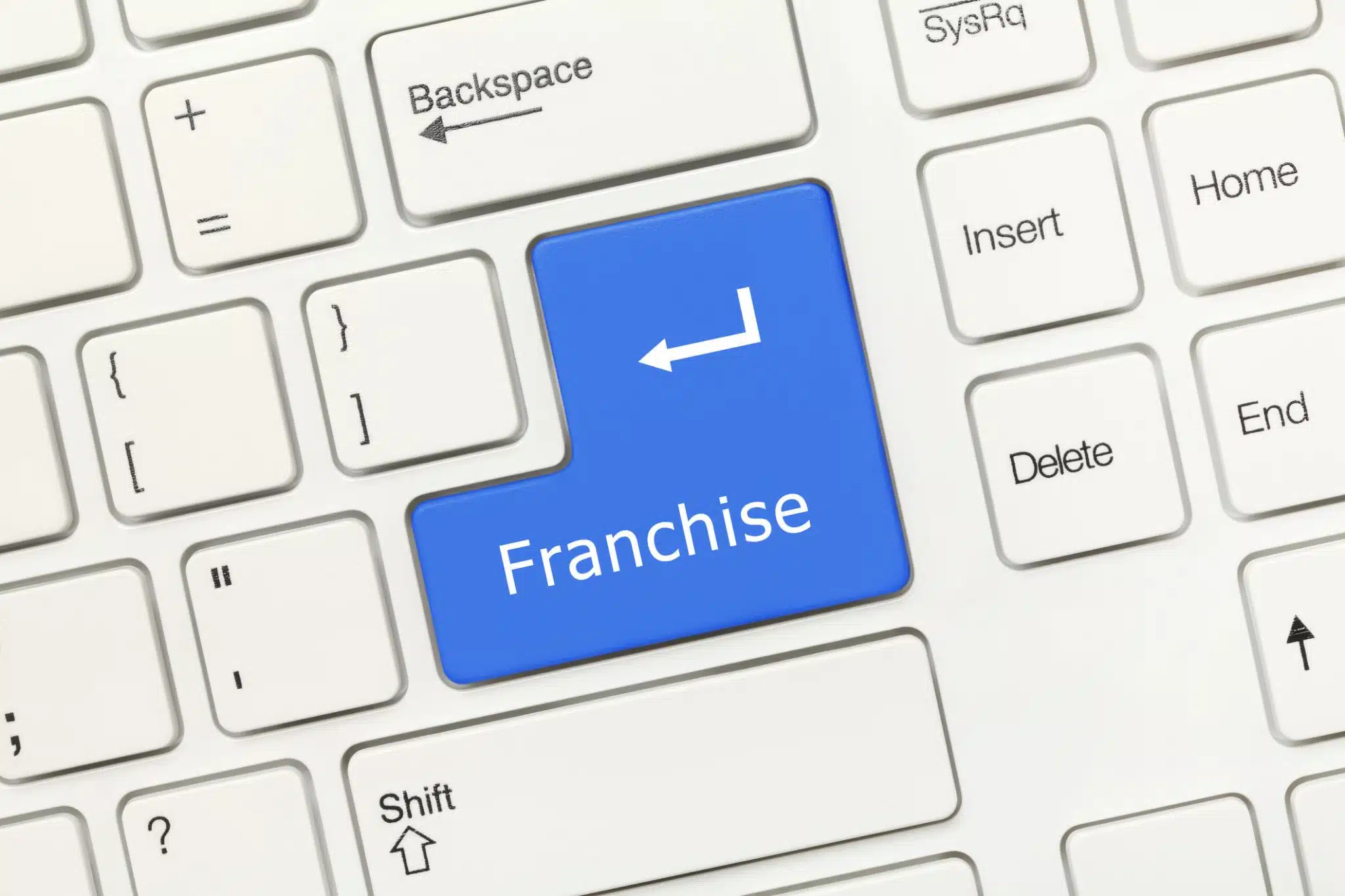In Ontario, franchisors are required to provide a disclosure document to each potential franchisee before the franchisee signs a franchise agreement or makes a payment towards the franchise. The legislation sets out what must be included in a franchise disclosure document such as the business background, litigation history, bankruptcy or insolvency information of the franchisor; financial statements; franchisee costs, deposits, fees and contributions to advertising funds; descriptions of any exclusive territories; restrictions, such as obligations to purchase from certain suppliers; rebate policies; conditions of termination, contract renewal and transfer of the franchise; descriptions of applicable dispute resolution processes; training requirements; and a list of the franchisor’s current and former franchisees. Before a franchisee signs a franchise agreement, the franchisor must also disclose to its potential franchisees any “material changes” to the franchise – something that could reasonably be expected to have a significant negative effect on the value of the franchise or on the franchisee’s decision to purchase the franchise.
In the pre-COVID 19 world, disclosing the above information may have been sufficient to remain compliant with the legislation. However, given the ongoing impact of COVID-19 on Canadian businesses, the prospect of further waves of the virus and with the uncertainty surrounding whether the country will ever fully return to its pre-COVID-19 position, franchisors must ensure that disclosure documents provided to franchisees take into account, where applicable, the additional costs, risks and other issues a franchisee may now face in purchasing and operating a franchise. Franchisors must also be diligent in disclosing material changes that arise between providing a franchisee with a disclosure document and executing a franchise agreement, given the now rapidly changing day-to-day circumstances for Canadian businesses.
In order to remain compliant with the law and to protect oneself from franchisees’ claims related to being uninformed of the long-term impact of the pandemic on the franchise, franchisors should consider including the following information, where applicable, in their disclosure documents:
- A disclaimer about COVID-19 having been declared a pandemic; its contagiousness, the seriousness of its side effects and potential life-threatening nature; and a statement regarding the uncertainty surrounding the effectiveness of current treatments and the lack of a vaccine;
- A statement regarding the status of any emergency shutdowns and travel bans and their potential impact on the business; and provincial, industry-specific and franchisor-imposed rules and protocols related to quarantines, isolation and social distancing;
- Any advisory and industry-specific requirements with respect to re-openings, the impact of closures and re-openings on revenue and the uncertainty of a timeframe within which revenues are anticipated to return to pre-COVID-19 levels;
- Requirements related to the franchisor’s COVID-19 relief plan; purchasing and using additional equipment and supplies (i.e. personal protective equipment, barriers, signs, cleaning and sanitation, staff training, furniture layout, etc.) and any additional inventory, licences and agreements; and any modifications to the franchise and the way products and services are sold (i.e. newly developed e-commerce, internet-based or remote sales and services);
- A statement regarding how COVID-19 measures in the franchise may result in additional costs and reduced operating capacities;
- Changes to initial franchise fees, royalties, advertising contributions, renewal or transfer fees as a result of COVID-19; and institution of relief policies, deferrals and extensions to time periods for securing premises and opening the franchise;
- If operating expenses, earnings projections and/or working capital are disclosed, changes to start-up costs, to assumptions on which historical projections have been based and to numbers related to demand, revenues and breakeven periods;
- Extensions or alternatives to financing arrangements between the franchisor and franchisee;
- Modifications to in-person training programs;
- Changes to the level or quality of assistance the franchisor intends to provide to the franchisee;
- Restrictions or changes with respect to sources of supply;
- Limits imposed by the franchisor on franchisees for serving customers who have disclosed that they have COVID-19 or display symptoms of the virus;
- Exclusions of types of sales or transactions from any grant of exclusive territory and waivers or reductions of franchisee requirements to meet certain sales levels; and
- Increases in departures from the franchise system by franchisees and the reasons for such departures.
Franchisors are advised to remain as flexible as possible during the COVID-19 pandemic; to make necessary modifications to their franchise systems and manuals while acting in good faith; to offer assistance to their franchisees, where possible; to disclose to their franchisees all material facts and changes to the franchise; and to ensure that, despite the pandemic, their franchisees continue to enjoy the essential benefits of their franchise agreements.
This blog post was written by Jade Renaud, a member of the Business Law team. Jade can be reached at 613-369-0373 or at jade.renaud@mannlawyers.com.







